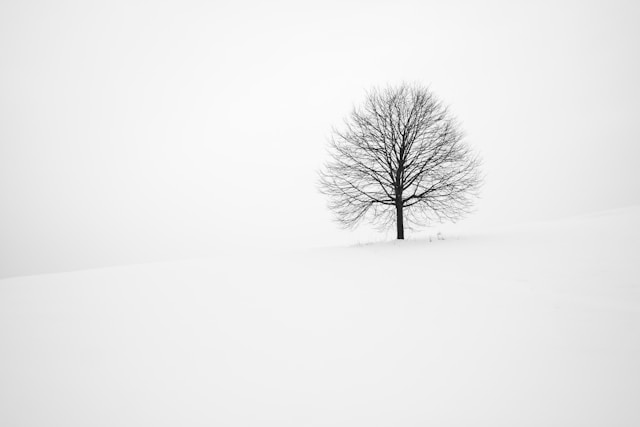Christmas Begins at Midnight ©
Reverend Janet Parsons
Gloucester UU Church
December 24, 2024
This year, I had the great good fortune of witnessing the aurora borealis, the northern lights, right from my front yard. It was a magical moment; truly a bucket list experience, something I had always dreamed of seeing but never really expected that I would. And one night back in May, there they were: areas of green and pink, ephemeral and mysterious, emerging over our heads and then fading away. It’s a phenomenon for which there are well-known scientific explanations. But in that moment, I was caught up in the beauty and the mystery.
We are fortunate here on Cape Ann, to have such clear and beautiful night skies. And as we sit here catching our breaths in this most frenetic season, let’s pause for a moment, and picture the night sky, the stars and the constellations that are there for us in the dark, when we take the time to look up.
If we lived in daylight all the time, imagine everything that we would be unable to see. It’s an interesting thing to consider: we feel that we need bright light in order to be able to see – the flashlights on our cell phones we hold in our hands, all of our lamps and LED’s and track lighting, all so that we can see better. We’re more comfortable in the brightness of midday. There’s a sense of sureness, of knowing where we’re headed and what we’re supposed to be doing. We humans need that. We struggle with uncertainty.
But we humans need the beauty and the mystery of darkness, too. Darkness can be soft, and envelope us. Darkness can spur our imaginations, and show us things, such as stars, that we would never know about if it were light all the time. It offers a different kind of beauty, and a different way of knowing the world.
There are different versions of the Christmas story, in Scripture and in literature. But one constant is that the birth of Jesus took place during the night. In darkness. What light would there have been to greet the new baby’s arrival?
I said a moment ago that we are more comfortable in daylight, when the light has a hard edge and we feel more certain of ourselves. And so we struggle with the hard times in our lives, when we feel that we can’t see our way forward clearly. Perhaps we are deeply grieving, or struggling with depression. We question many things during these times: we struggle with our faith, we might even question the existence of the Holy. Across centuries these times have been described as ‘the dark night of the soul.’
And yet. One of the enduring and greatest messages of the Christmas story is that hope arrives during the hardest times. Hope, in the form of a newborn baby, arrived in the darkness. Hope arrived to the poorest in a poor land; the shepherds living outdoors. And it also appeared to some of the wealthiest in a faraway land, in the form of a star that they needed to follow.
Had the birth, this arrival of new hope, taken place during a normal daytime, how many of us would notice? When we’re rushing around during the day, running errands, working, bringing the kids to soccer, would there be room in our lives to see and hear a chorus of angels? Would we drop what we are doing to investigate if we did? Maybe we need the dark times, the times of stillness, of uncertainty, to be able to hear deep within ourselves messages of hope and faith. Like the stars and the Northern Lights, maybe hope emerges in the dark, when we are less certain, less distracted, and able to see differently, and hear new messages.
“Christmas Begins at Midnight” was the title of a sermon given by Unitarian minister A. Powell Davies on Christmas Eve in 1944. World War II was in its fifth year. It was the time of the Battle of the Bulge, a bleak time in midwinter, when the Allies’ progress had slowed and they were experiencing terrible casualties. And so Reverend Davies reminded people that the message has always been that new hope and new faith enters in, breaks in, during the times when we least expect it, and when we have the most to fear. At night, when we think we can’t see, might be just when we are offered the chance to see new things in new ways.
This Christmas, my wish for you all is for some times of stillness, times to pause and wonder, and notice, what hopes might be emerging from deep within. May you be inspired by the timeless message of new life and new hope, and may you, in the stillness, hear the angels singing.

